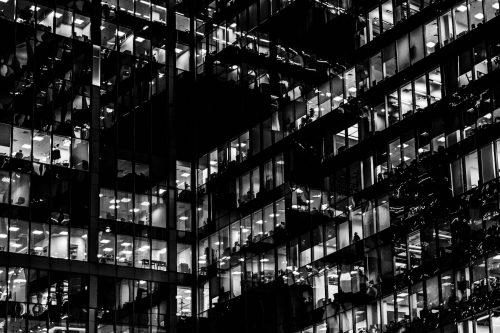Suffice it to say, our economy is already broken. This isn’t hard to see when we step out from among the pines and peer at the forest from a distance.
The problem is we’re attempting to fix the problem with the problem. We’re attempting to “stimulate” an economy that is already overstimulated, which is tantamount to giving a bottle of Jack Daniel’s to a man with a hangover.
The economy is not what needs to be fixed, and capitalism is not broken. Neither “problem” is the real problem; rather, we are the problem. We have turned ravenous and self-indulgent, and, as a result, we are less happy than ever. Suicide rates are at an all-time high. Personal debt is at an all-time high. Stress, anxiety, discontent—all at all-time highs.
Collectively, over many years, we told ourselves (with conviction) we could buy happiness, so we manufactured a false economy based on rapacious over-spending and accumulating stuff we didn’t need. And now it’s the morning after the party and we’re staring at ourselves in the mirror, unsure of how to make this pounding headache GO AWAY!
That bottle of Jack won’t fix the problem—it will only make it worse. Stimulating the economy won’t help, either. Changing how we live—how we think about consuming, how we make decisions—will slowly fix the problem. It will take time and action, but if enough of us live more deliberately, then we can fix this mess by fixing ourselves.
No, not everyone is going to become a minimalist: not everyone is going to live intentionally. But if we base our lives on the average person’s life, then we’re almost guaranteed to be unhappy—because the average person is unhappy.
We needn’t, however, settle for someone else’s discontent.
Read this essay and 150 others in our new book, Essential.

